President Biden’s advice to Israel not to retaliate against the recent drone and missile attacks from Iran is a critical consideration for preventing further escalation in a highly volatile regional conflict.
These attacks, retaliation for an earlier Israeli strike in Syria, underscore the interconnected security issues that could draw wider international involvement, with strategic alliances at play involving Russia, China, and North Korea.
The Iranian assault on April 14 demonstrates Iran’s military capabilities and the geopolitical backing it receives from Eurasian powers, highlighting the increasingly polarized global landscape. NATO’s engagement with countries beyond its traditional sphere suggests a strategic recalibration in response to these expanding alliances.

The complexity of the Russia-Ukraine conflict and the Israel-Hamas-Iran wars risks broader polarization, with potential spillovers into other regional conflicts. The situation is a stark reminder of the interconnected nature of global conflicts and the importance of cohesive international strategies.
To mitigate these tensions and the broader implications of these conflicts, the Biden administration must negotiate a delicate balance of diplomacy and strategic defense.
This involves reassessing the U.S.’s role and strategies in global and regional conflicts, promoting diplomatic solutions, and fostering international collaborations to address these pervasive challenges.

The suggestion of a Palestinian confederation and renewed efforts towards a diplomatic resolution between Ukraine and Russia, as well as avoiding escalation between China and Taiwan, are strategic considerations that could help de-escalate current tensions and pave the way for more stable geopolitical relations.
These strategies reflect a nuanced approach to foreign policy that prioritizes diplomacy over military intervention, aiming to achieve sustainable peace and stability in regions fraught with longstanding and complex conflicts.

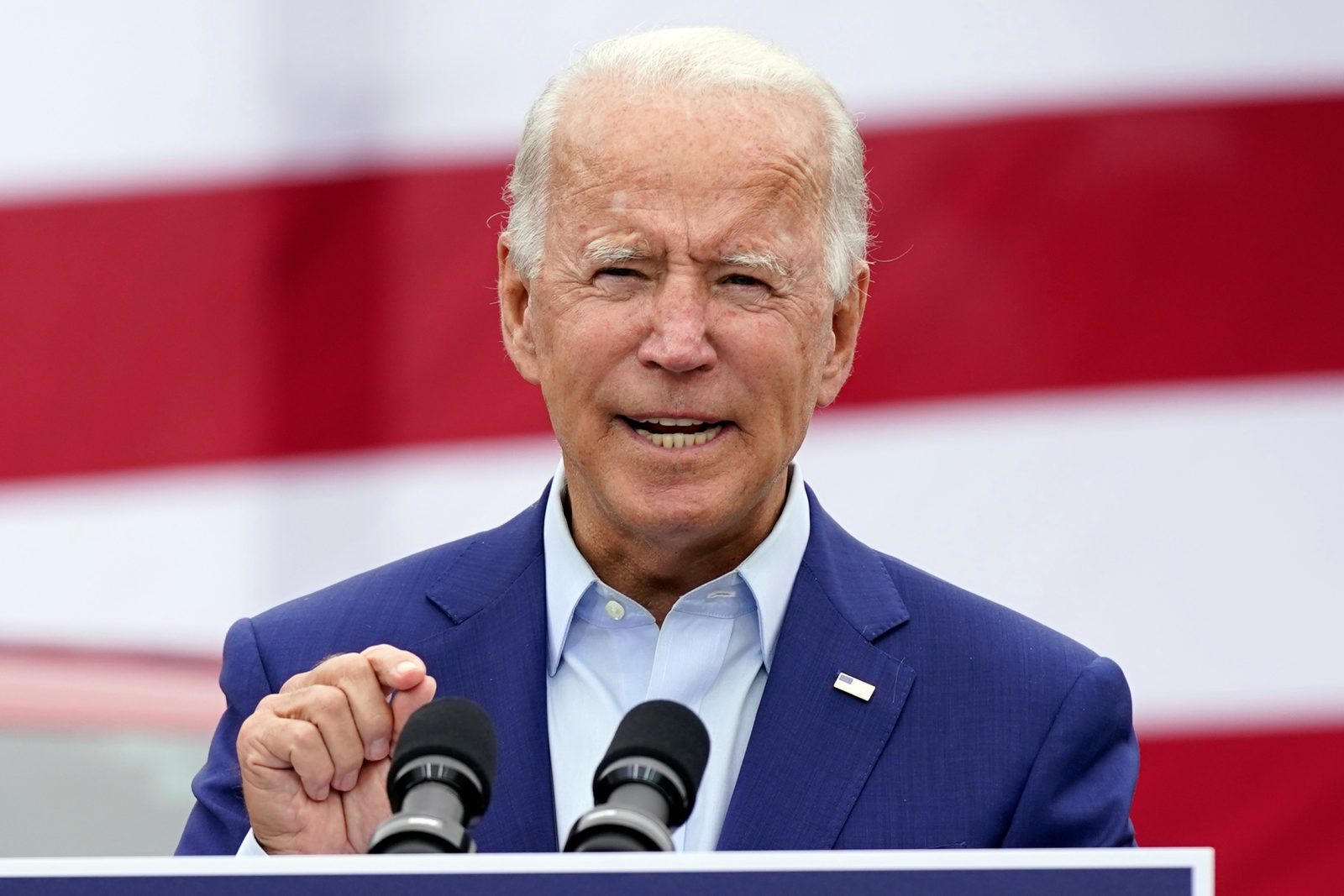






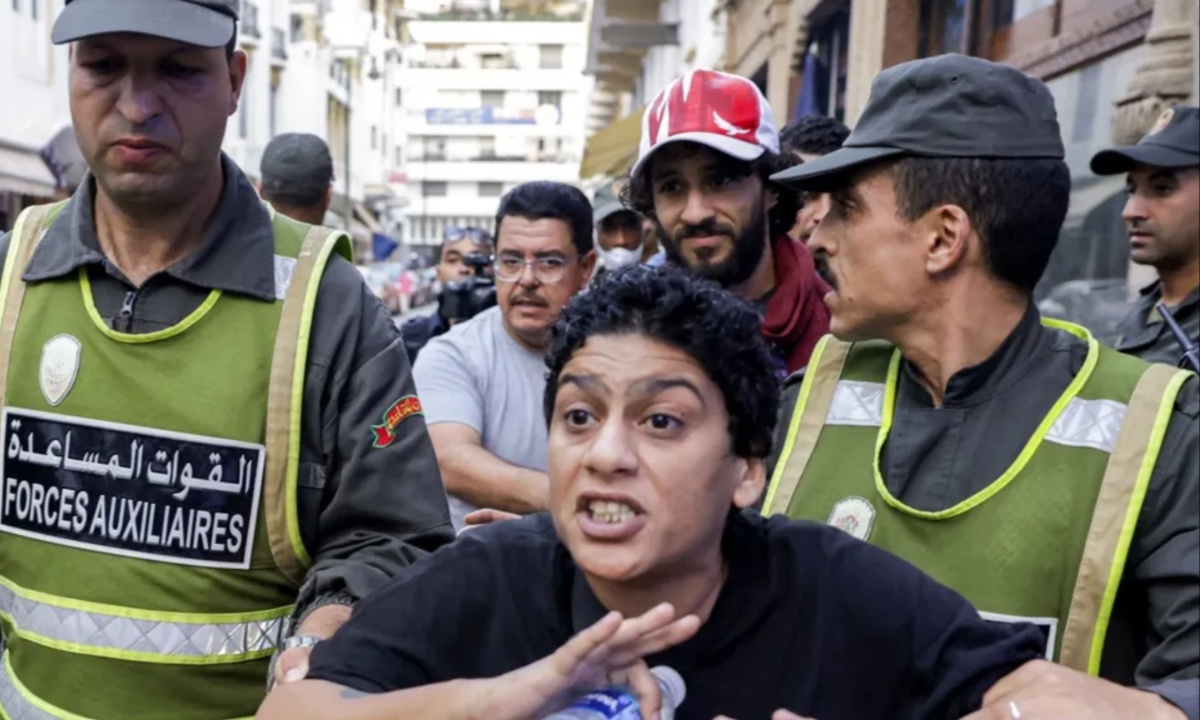
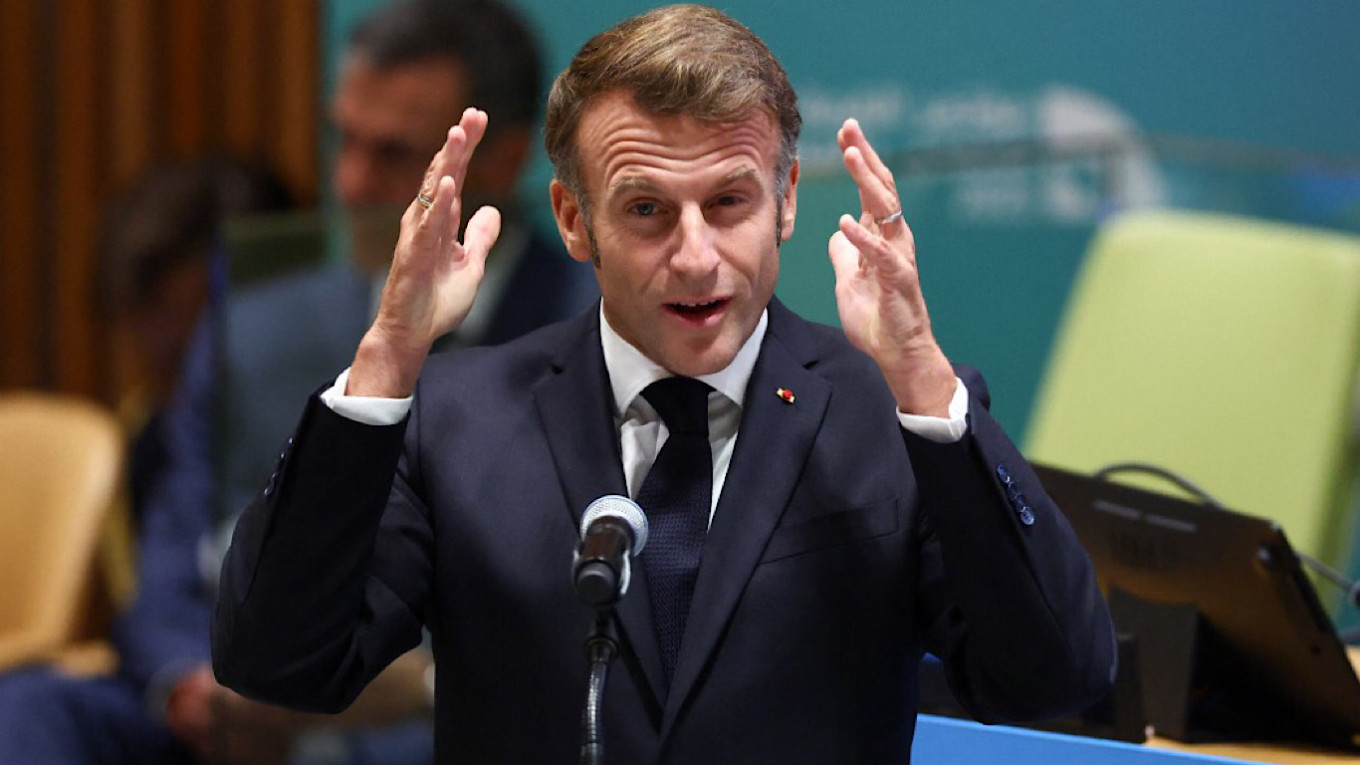
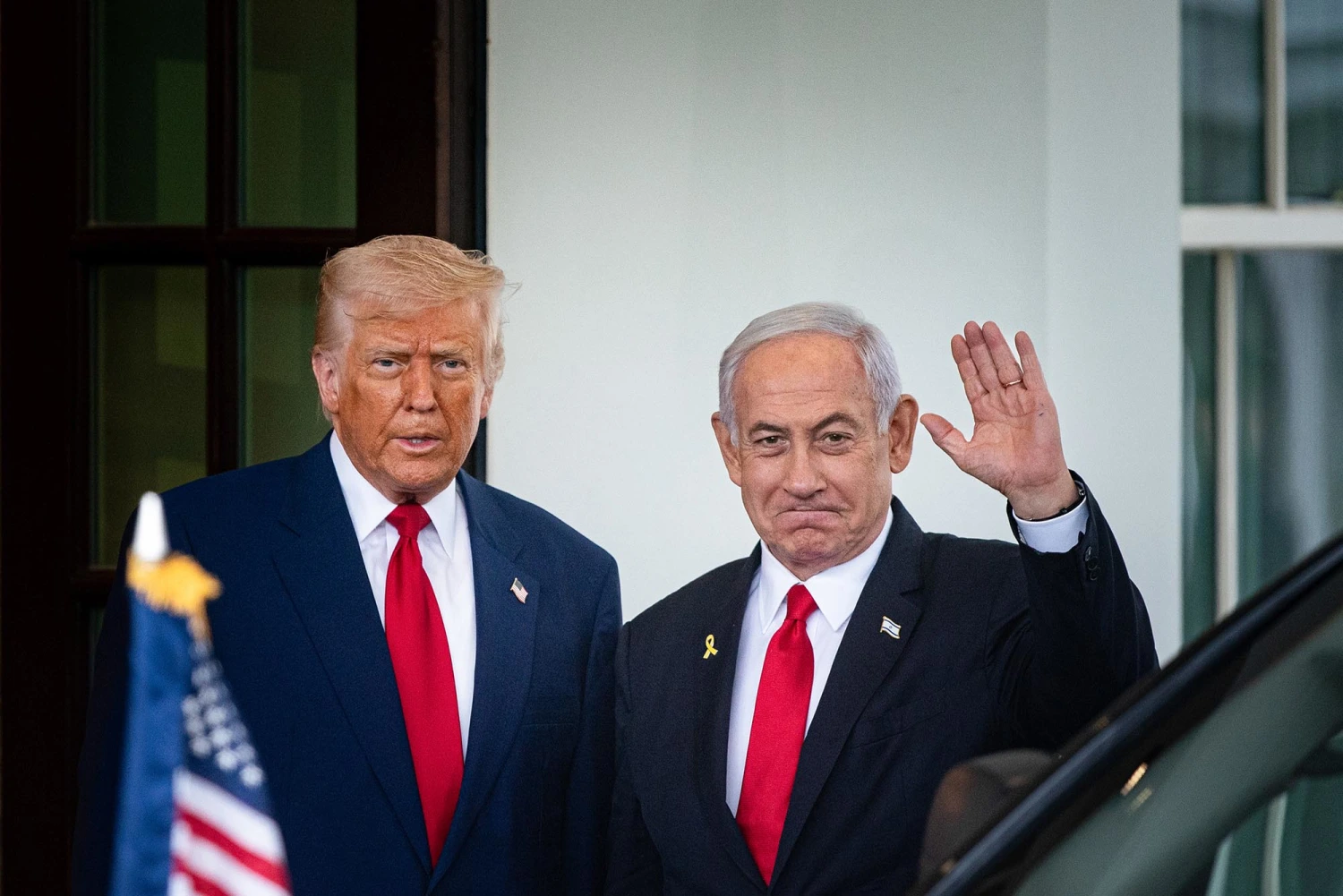
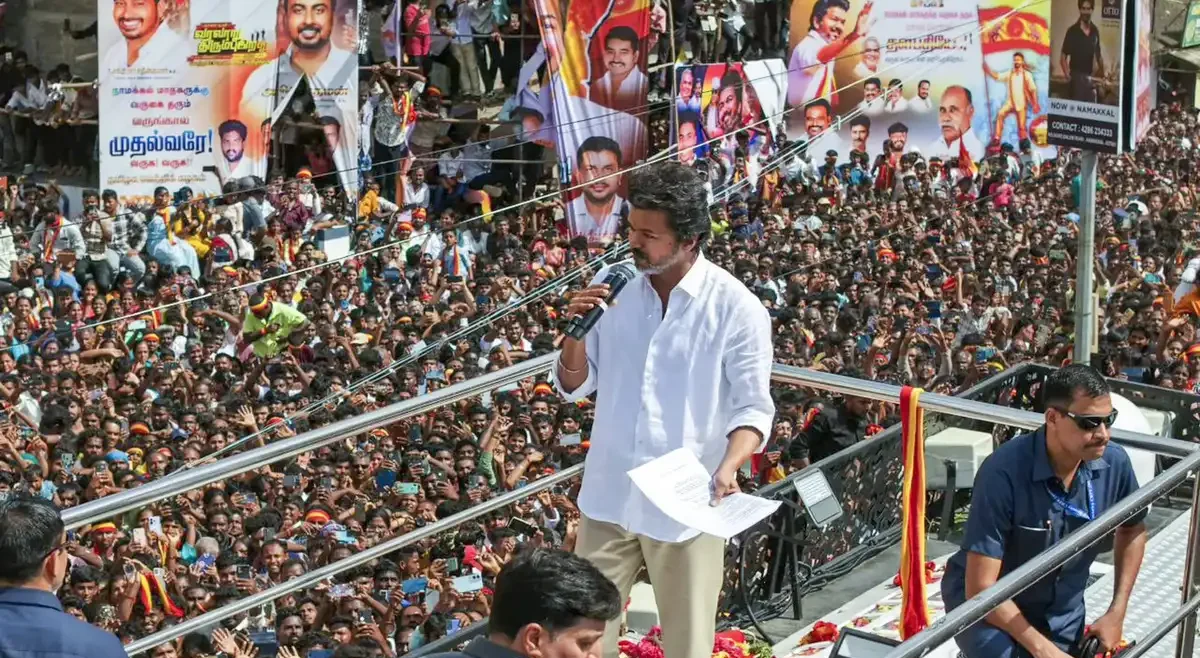
Leave a Reply